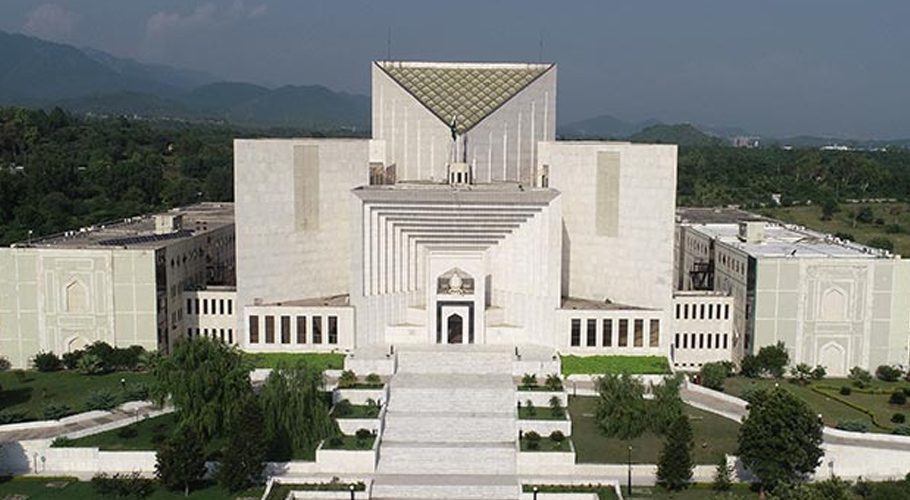The federal government argued before the Supreme Court on Monday that violence against the military and vandalism of army facilities harmed Pakistan’s security, interests, and defense since they were direct attacks on the country’s national security.
The government made the argument in a concise statement submitted to the court, which will resume hearing challenges to the trial of civilians in military courts tomorrow (July 18), by Attorney General for Pakistan (AGP) Mansoor Usman Awan.
To create deterrence in respect of such attacks, our constitutional framework allows perpetrators of such vandalism and violence to be tried under provisions of the Army Act 1952, said the federal government in its reply submitted through AGP Mansoor Awan.
The petitions in question were filed by ex-chief justice Jawwad S. Khawaja, Aitzaz Ahsan, Karamat Ali, and the PTI chief. During a previous hearing, the AGP had told the apex court that 102 civilians, arrested from various parts of the country in the wake of May 9 violence, were in the military’s custody.
In the statement submitted today, the federal government said that the events of May 9 were “neither localised nor isolated” and indicated a “premeditated and intentional attempt to undermine the country’s armed forces and inhibit the country’s internal security”.
In its concise statement, the Centre argued that the law, including the Army Act and Army Rules, provides every possible protection to ensure a fair trial and rights of accused persons.
“…this Court has already found favourably regarding the procedural and substantive protections provided for trial under the Army Act in Ali and Said Zaman Khan cases,” argued AGP Awan on behalf of the government.
The government said that while some of the first information reports (FIRs) registered against the suspects did not explicitly mention provisions of the Army Act, the Supreme Court had previously held that the contents of the FIR and not the mentioning of a particular statutory provision determined the nature of the offences made out.
“Thus, the mere fact that the offences under the provisions of the Official Secrets Act, 1923 triable under the Pakistan Army Act, 1952 have not been mentioned in some of the FIRs registered regarding the events of May 9 does not imply that offences under the Army Act cannot be made out from the contents of said FIRs.”
The federal government further argued that the petitions against the military trial of civilians were not maintainable before the apex court in its “original jurisdiction” under Article 184(3) of the Constitution.





































